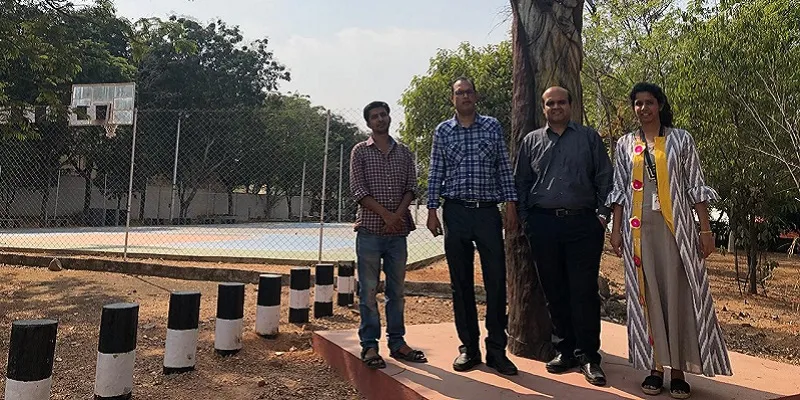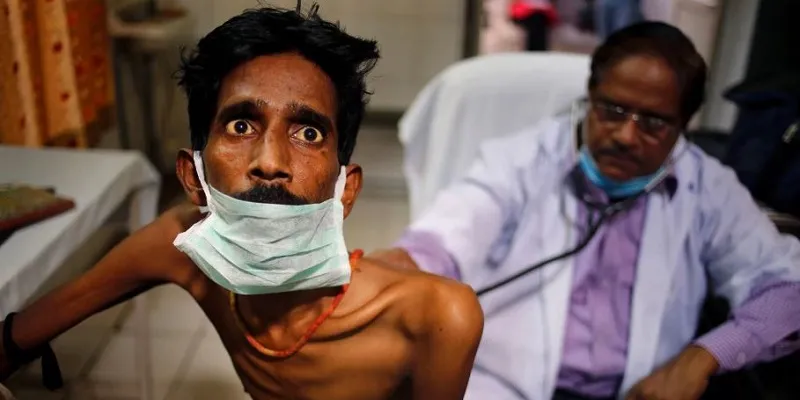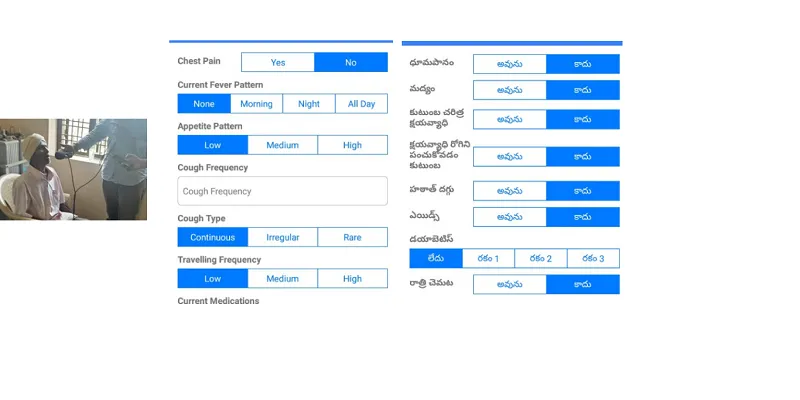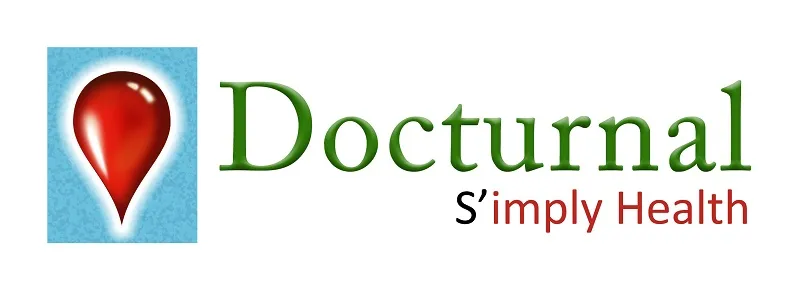How Docturnal is helping India’s fight against TB with non-invasive screening solutions
Hyderabad-based healthtech startup Docturnal is piloting products designed to make detection of diseases hassle-free, accessible, and affordable to the last mile.

With one-third of the world’s population infected with tuberculosis (TB), the disease is a leading cause of death. It claimed 423,000 lives in India in 2016 alone, and a staggering 40 percent of the Indian population is estimated to have been infected with the highly contagious bacteria, with a greater majority being affected by latent TB than the disease itself. Alarming statistics suggest that the disease claims one life per minute in India, making it the TB capital of the world.
What makes it so prevalent though?
“Often, its delayed diagnosis,” says Rahul Pathri, Founder and CEO of Docturnal, a healthcare startup striving to devise easy to use, non-invasive and point of care solutions for TB screening.
Redundant screening mechanisms
A delayed diagnosis spreads the disease and often newer drug resistant strains are passed. The current standard diagnostics are expensive, cumbersome, subjective, and often misleading (false positives/negatives), thereby increasing the burden, he elaborates.
Rahul himself had to take such tests (IGRA and Mantoux), some of which are even challenged by the World Health Organisation (WHO).

“Post this, close family members and friends also had TB; that’s when I understood the nuances around early diagnosis and stigma,” shares Rahul, who went on to found Docturnal in 2016 with a team of like-minded people.
“Our vision is to screen with 95 percent accuracy and also cater to Drug Resistant Cases (MDR-TB),” he adds.
Docturnal’s flagship product: TimBre
Docturnal has pioneered products that make the detection of diseases easy and hassle-free. “Moreover, they are accessible, affordable to the last mile and obviate stigma by conducting screening with real-time results,” Rahul claims.

Docturnal's leading product TimBre aids in point of care TB screening. So, how exactly does TimBre work?
It is a screening app, where the sound of cough of an individual is recorded (using a microphone array) by a medical practitioner or a healthcare worker along with their demographic and clinical variables. The data collected is then processed in real time, leveraging machine/deep learning to detect if the cough is TB positive or negative, Rahul explains.
This is also followed by a call to action, which includes connecting positively screened patients with Revised National Tuberculosis Control Program (RNTCP), pulmonologists, and other partner diagnostic centres. It is followed by providing a customised app experience during prognosis that often includes education around drug adherence and appropriate diet (futuristic).
Pilot programmes and major learnings
Till date, Docturnal’s core team has raised funds to the tune of $150,000, including grants etc. “Various pilot projects across Hyderabad and Telangana have been very consistent, predominantly with pulmonologists and telemedicine health camps,” shares Rahul.
“Our pilots have benefitted close to 2,000 suspects and still counting. We are working with RNTCP closely and it is a matter of time we see a larger impact,” he adds optimistically.
Endorsed by IIIT-H, AIRmaker Singapore, UberExchange, AIM Smart City, Startup Nexus, and BIRAC, Docturnal is looking to pilot in more hospitals in the coming months.

When asked about their biggest learning through these projects, Rahul shares: "In rural communities, we have seen an increasing number of people who have opened up in talking about TB experienced by their parents or other family members. The time is ripe to exploit the technological nature of the current solution".
Given the infectious nature of the disease, we need to build protocols that are fool-proof and will not burden further contagiousness in a mass screening scenario.
Roadblocks and the way ahead
Docturnal’s solutions are offered on a subscription basis where the cost is between 0 to 100 rupees (B2G model). “Alternatively, an entire solution can also be purchased that follows a hybrid (B2B) model wherein subscription starts after a year while the customer pays upfront for hardware, algorithms, reporting, and EMR,” says Rahul, explaining their business model.
Rahul and his team are also constantly striving to devise improvisations to their screening methodologies, which are not devoid of any loopholes.
Since data is our primary input, obtaining cough recordings puts our team at high risk given the infectious nature of the condition, even though we adhere to precautionary protocols.
Docturnal is also keen on expanding to other geographies that are hotbeds of TB and make their hardware and algorithms extensible for asthma, respiratory syncytial virus (RSV), and chronic obstructive pulmonary disease (COPD) by 2019.







